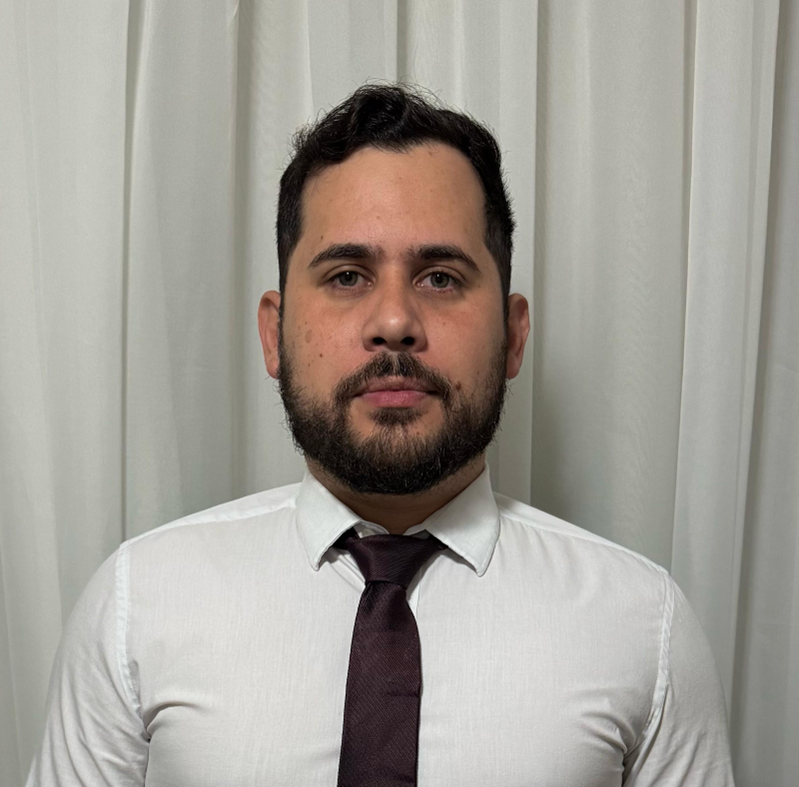
The United States faces an unprecedented challenge in the realm of cybersecurity. With digital threats evolving at an alarming rate, businesses, government agencies, and critical infrastructure sectors grapple with the daunting task of protecting sensitive information and systems from increasingly sophisticated cyberattacks. To understand how America can fortify its defenses and maintain resilience, we spoke with cybersecurity expert Heitor Magnani, a specialist with extensive experience in offensive security and ethical hacking.
Heitor Magnani, originally from Brazil and now actively engaged in the U.S. cybersecurity landscape, highlights the critical role of proactive cybersecurity strategies. According to Magnani, "The cybersecurity landscape is continuously evolving, and staying ahead of cyber threats requires not just robust defensive mechanisms but also the systematic application of offensive security methods—ethical hacking and red teaming—to uncover vulnerabilities before adversaries exploit them."
Magnani, whose professional experience spans advanced penetration testing, cloud security, and red team operations at leading cybersecurity firms, emphasizes that American organizations must prioritize regular and rigorous testing of their cyber defenses. "Organizations often underestimate their vulnerabilities because they've invested heavily in traditional security tools," he explains. "But relying solely on these measures without active, realistic threat simulations can lead to a false sense of security. Ethical hacking provides an essential reality check."
One of the significant challenges Magnani identifies is the rise of social engineering attacks, which have become alarmingly sophisticated. Social engineering and phishing attacks exploit human behavior rather than technological weaknesses, making traditional defenses less effective. Magnani, who has achieved top honors in global competitions such as the EC-Council's Certified Ethical Hacker challenges, advises that organizations must invest in continuous education and training to create effective "human firewalls."
"Cybersecurity education shouldn't be confined only to IT specialists," Magnani points out. "Every employee is a potential target and, therefore, must understand basic cyber hygiene and how to recognize and respond to threats." Magnani himself is deeply committed to educating professionals and advocates for widespread training initiatives, emphasizing practical, scenario-based education.
The rise of IoT (Internet of Things) technologies presents another frontier in cybersecurity, one that Magnani argues is often overlooked in strategic planning. "As homes and industries increasingly rely on interconnected devices, we expand the attack surface dramatically," he says. Magnani's own victories in IoT security competitions underline his perspective: "Organizations need specialized strategies and continuous testing specifically tailored for IoT environments."
Magnani also shares insights on the interplay between artificial intelligence (AI) and cybersecurity. While AI-driven tools are crucial components of cybersecurity strategies, he argues they are not sufficient on their own. "AI is powerful for automating detection and response," Magnani notes, "but the nuanced creativity and unpredictability of human ethical hackers remain essential. Human expertise is necessary to uncover vulnerabilities that AI might overlook, especially when facing innovative cyber threats."
For Magnani, the future of U.S. cybersecurity depends on embracing a balanced approach that integrates advanced technological solutions, continuous human-driven threat assessments, and comprehensive cybersecurity education across all levels of organizations. "To build resilient defenses, organizations must adopt a holistic cybersecurity culture—one that empowers employees, leverages the skills of ethical hackers, and remains vigilant through ongoing testing and training," Magnani concludes.
By heeding expert advice from professionals like Heitor Magnani, U.S. organizations can better navigate the complexities of the cybersecurity landscape and significantly enhance their capacity to defend against evolving threats.
© 2026 ScienceTimes.com All rights reserved. Do not reproduce without permission. The window to the world of Science Times.












